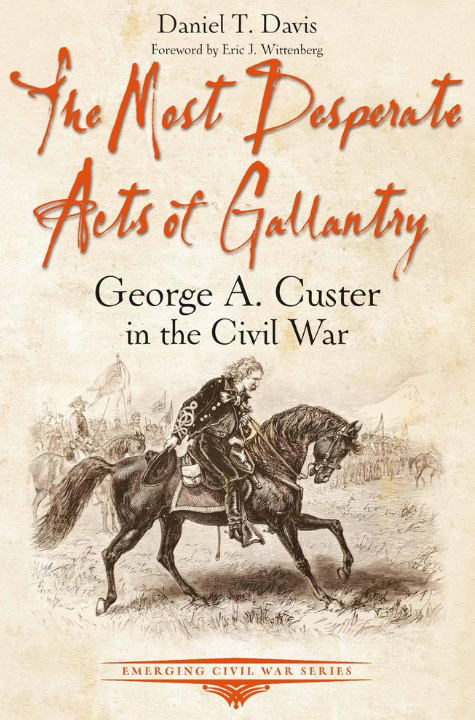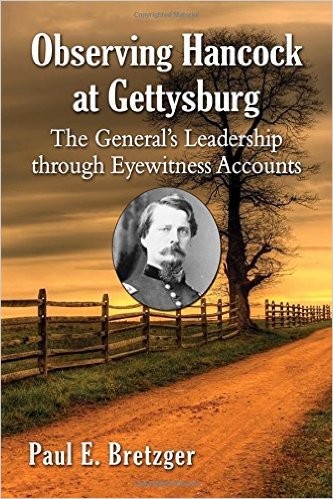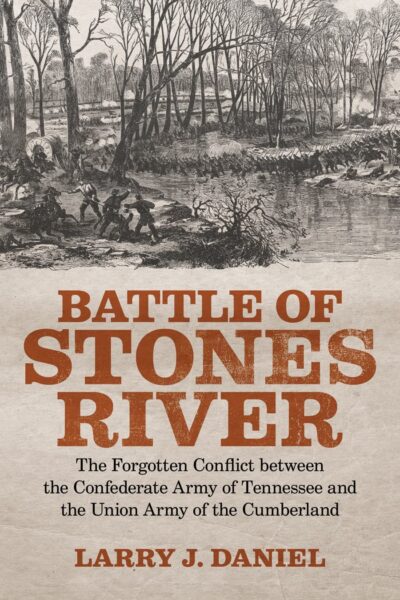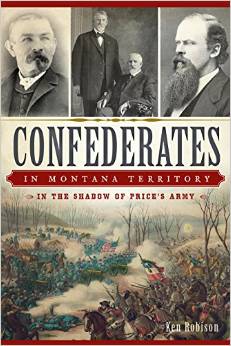George Armstrong Custer is a heroic yet tragic figure in the pantheon of America’s military past. Unfortunately, the popular memory of his demise at the Battle of the Little Bighorn has overshadowed his distinguished Civil War service. In The Most Desperate Acts of Gallantry, former National Park Service historian Daniel T. Davis helps to rectify this knowledge gap. This is his first solo book, though Davis has co-authored six other titles in the Emerging Civil War Series and contributed to several articles.
According to Davis, Custer had a “naturally adventurous spirit [that] was drawn to battle” (11). Originally serving as a staff officer, the brevet captain steeled the troops’ resolve under fire with his self-assurance and record of success. He rose to the rank of brigadier general thanks to Major General Alfred Pleasonton, who wanted “‘gallant’ leaders that would make their men ‘brighten up’ on the battlefield” (46). Custer had not commanded more than 100 soldiers before, nor had a senior officer mentored him. He now oversaw men with greater experience who were twice his age—including some men who previously outranked him. In a stunning performance, Custer fought in three engagements over four days. He later led a division in the Shenandoah Valley, where “his bravery, poise, and decisiveness contributed to the growing number of Union victories” (104). Despite promotion to brevet major general, his enthusiasm for combat faded by January 1865.
Davis concludes that “when the opportunity for command came, Custer took advantage of it and performed exceptionally well” (121). He led in person at the brigade or division level to help the troops overcome their fear of death. After the war, he grew disheartened with army service, losing his motivation and confidence. The book notably features contributions by other authors. Historian Eric J. Wittenberg provides the foreword, while four appendices are written by Davis, collections specialist and freelance museums registrar Ashley Webb, and professor emeritus of journalism Paul Ashdown. They address the military achievements of Custer’s brother, Tom; how Custer’s wife, Elizabeth, sought to bolster his crumbling reputation after his death at the Little Bighorn; the fact that popular emphasis on this defeat overlooks his record in America’s bloodiest conflict; and how the attention given to this disaster has magnified his fame at the expense of other officers.
The Most Desperate Acts of Gallantry presents Custer’s Civil War accomplishments in clear and engaging prose, while its ample images and battle maps place unfamiliar readers in the action. It favors narrative over a strongly argued thesis, however, and Davis only offers his findings at the end of the work. Still, the author has written an accessible volume that will introduce the unacquainted to the story of Custer.
Alexandre F. Caillot is a Ph.D. candidate at Temple University, where he is working on a dissertation about the combat performance of Union soldiers who entered the Army of the Potomac in time to serve during the Overland Campaign.
Related topics: George Custer





